PostDoc Group
The international and interdisciplinary PostDoc Group (PoDoG) consists of doctoral members from several FRIBIS teams. The main task of this group of young researchers from various humanities and social sciences is the development of new interdisciplinary project ideas and the acquisition of additional funding. The personnel and structural connection of PoDoG to the other two research groups within the FRIBIS matrix is ensured by the fact that both the Student Group (StuG) and the Junior Research Group (JRG) are headed by PoDoG members. They are currently involved in research and teaching in Germany, Liechtenstein, UK and the USA in the fields of economics, literary studies, philosophy and psychology.
Research Group Leader
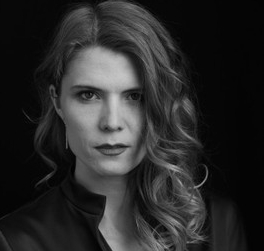
Dr. Bianca Blum
studied economics at the Albert-Ludwigs-University of Freiburg and is coordinator of the FRIBIS team UBI and Social-Ecological Transformation (UBITrans) as well as scientific leader of the FRIBIS Student Group (StuG). Her dissertation dealt with the question of a crisis-preventive economic and regulatory policy for sustainable development.
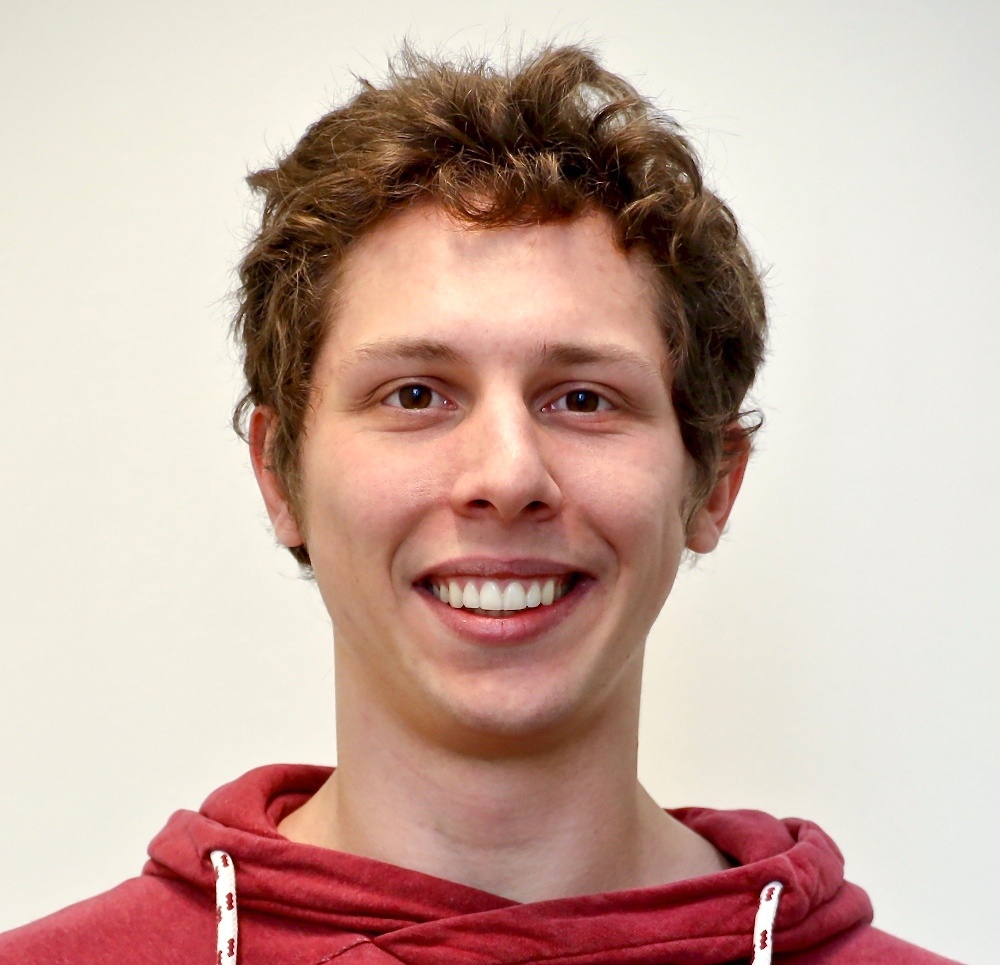
Dr. Marcel Franke
studied economics at the Albert-Ludwigs-University of Freiburg. He is active in the FRIBIS PostDoc Group, as well as in the FRIBIS FRIBIS Team “Basic Income for Peacebuilding”. His research focuses on unconditional basic income and philosophy of state, especially “Constitutional Economics” and “Economics of Social Justice”.
Members
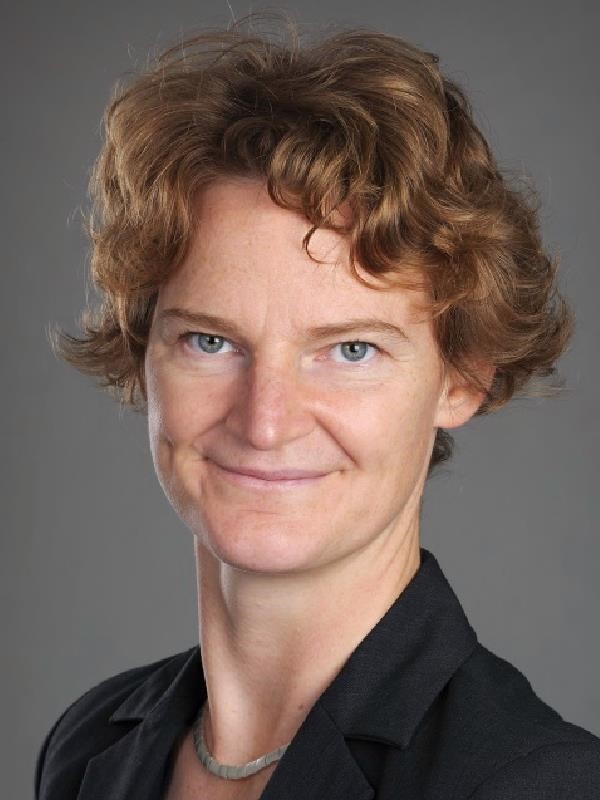
Dr. Tanja Kirn, Assistant Professor at the University of Liechtenstein
studied economics at the University of Potsdam and received her doctorate there. In her research questions, she mainly works with microsimulation models, which she also uses, among other things, as coordinator and member of the FRIBIS team UBILI for its objectives. She is the scientific leader of the Junior Research Group (JRG) of FRIBIS, an international group of young researchers who conduct interdisciplinary research on unconditional basic income.
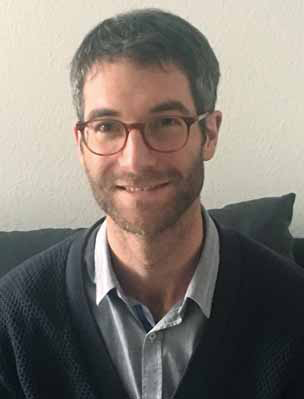
PD Dr. Robert Krause
is a senior lecturer in Modern German and Comparative Literature at the Albert Ludwig University of Freiburg and associate researcher in the FRIBIS team „Participation & UBI – ‚Narratives‘ of the Future“ (PartUBI). His second book was devoted to a socio-cultural analysis of representations of work and leisure in 19th century German and French literature and philosophy (published by Metzler: Berlin 2021). In Freiburg he has been involved in several research projects, including the Freiburg special research area focused on „leisure“ (in 2013/2014). He was also a research fellow in Paris (autumn 2016). From February to July 2023 he will be holding a guest chair at the Aix-Marseille School of Economics (AMSE) and the Institute for Advanced Study (IMéRA) in Marseille. His research project there is entitled “The Unconditional Basic Income: towards a cultural and intellectual history of a necessary utopia” (https://imera.univ-amu.fr/en/resident/robert-krause).
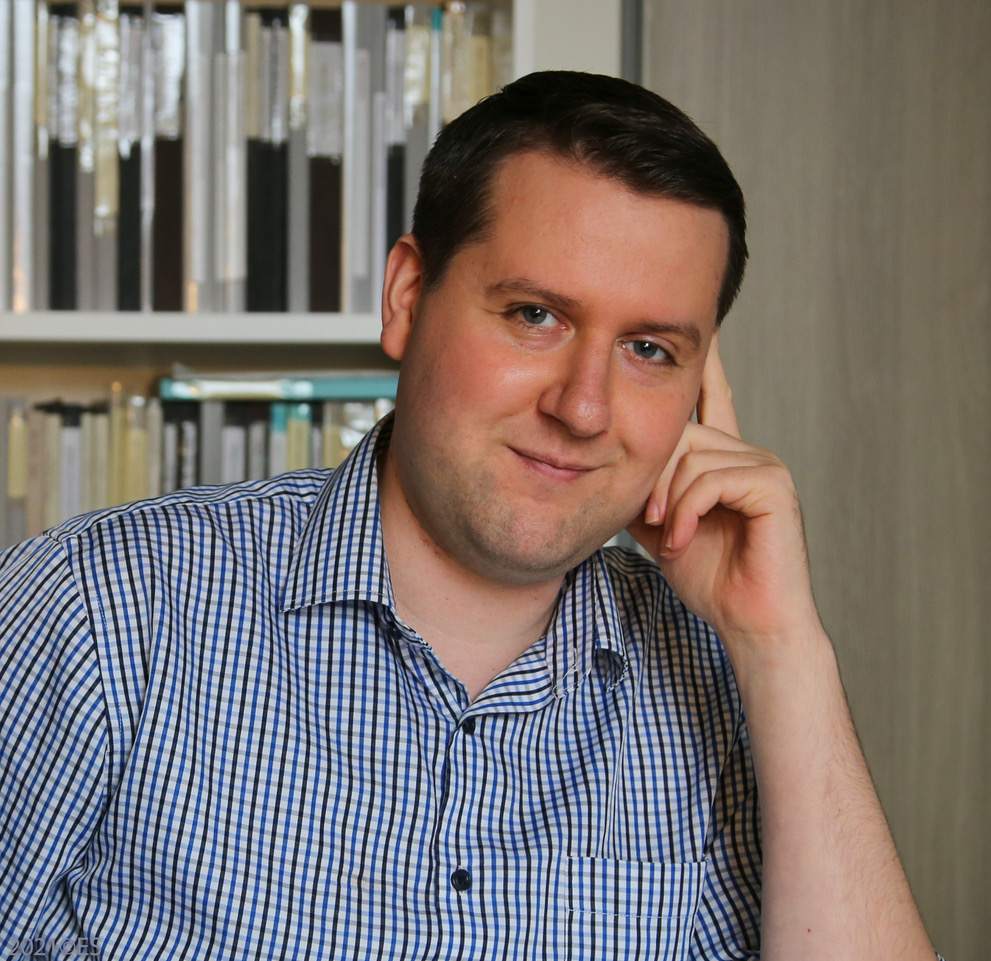
Dr. Otto Lehto
is a Finnish philosopher and political economist whose current work focuses on complexity theory, evolutionary political economy, transhumanism, human enhancement, basic income, social epistemology, and naturalism. He is currently a postdoctoral research fellow at New York University’s School of Law (2022-2024). He has also been a visiting scholar at University of Arizona’s philosophy department (2020). He recently finished his PhD at King’s College London’s Department of Political Economy (2021) with a thesis entitled “Complex Adaptation and Permissionless Innovation: An Evolutionary Approach to Universal Basic Income” (https://kclpure.kcl.ac.uk/portal/en/theses/complex-adaptation-and-permissionless-innovation(08e1634f-a827-4608-8aa0-449f51e161dd).html).
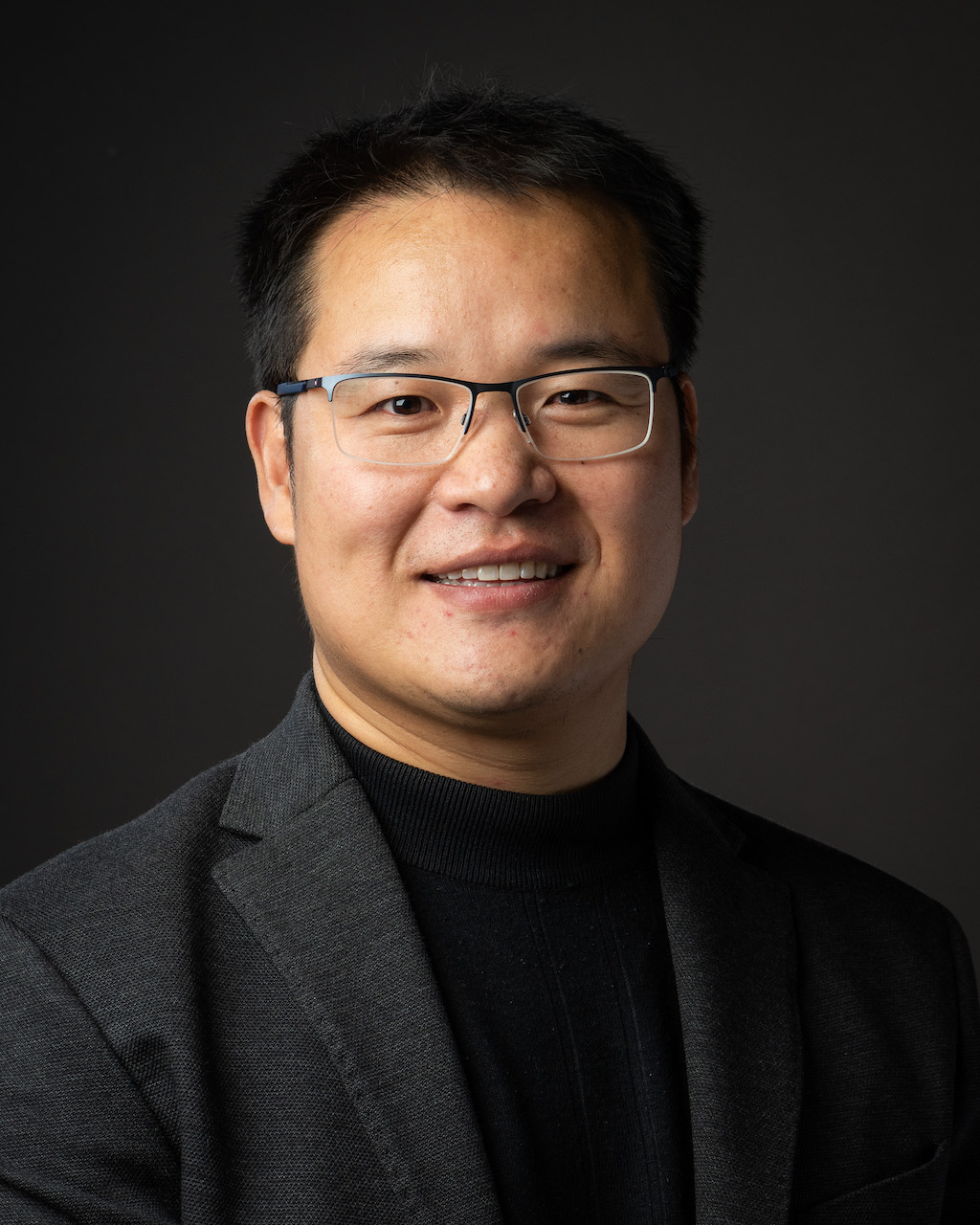
Dr. Eric Qiao
is a micro-economist at the Institute for Policy Research, University of Bath. He studied and investigated labour supply behaviour in the UK during his PhD research at the Lancaster University. His research interest is applied micro-econometrics and public policy. Currently, his work focus on the microsimulation of UBI.